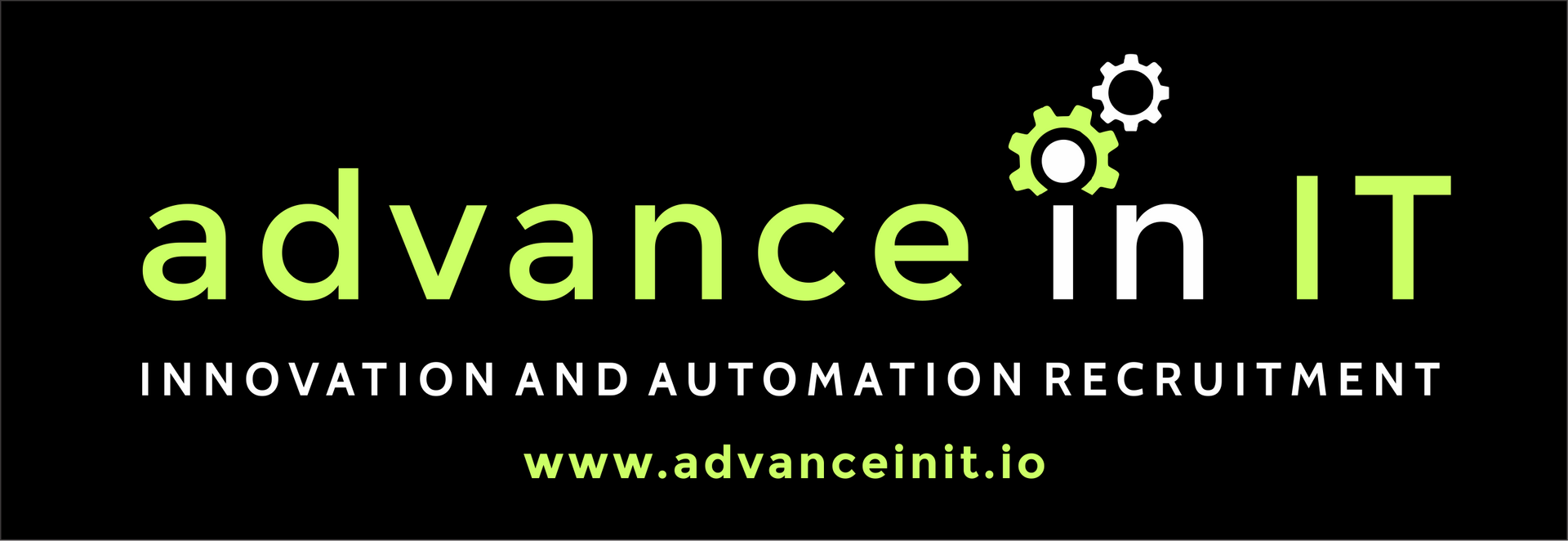Blogs & Articles

CASE STUDIES
Don't just take our word for it. Here is how we've helped our customers to advance...
IoT Product company, The Randstad
The Problem: The company was losing employees and needed to hire new ones
Our solution: Together with the CEO, advised and re-wrote their secondary benefits offering, to be more attractive thus retaining employees and attracting great candidates. We also put a payment plan in place so they could effectively hire.
IoT solutions company, The Randstad
The problem: The company was 2 employees (technical) who had never experienced recruitment before. They were getting busier and were finding that they were losing revenue as they had to turn work away.
Our solution: We wrote a job spec from minimal information, checked budget for salary and recruitment fee
Guided them on salary and secondary benefits offerings
Hired someone directly from our network
Data and Analytics company, The Randstad
The problem: They were doing amazing things as a business but not being seen on Linkedin. They were also unsure of which strategy was best for growth so we went through the strategy document together and they took their own actions.
Our solution: Engaged on a couple of relevant Linkedin posts that resulted in 25 % more followers
Strategy coaching to help them advance their mindsets thus winning more business
DevOps consultancy – The Randstad
The problem: They were not able to attract any good candidates from the job profile they had.
Our solution: We analyzed the job spec, had a conversation with one of the developers to fully understand the impact the role makes, and completely re-wrote the job spec to attract the right candidates quicker.
We also advised on the salary and secondary benefits to align with the market.
The problem: One co-owner was overloaded and couldn't work out why.
Our solution: We held a strategy session with him. After 10 minutes, he worked out that he didn’t like the account management side, so he asked me to find an account manager.
He asked me to write the job spec, publish and hire the right person. After another 30 minute teams call, we had a full job spec and 3 candidates earmarked.
Cloud consultancy – The Randstad
The problem: The recruitment process wasn't resulting in hires
Our solution: Re-organised their recruitment process to maintain momentum and hire the right candidates fast and within budget.
Small mortgage advisory company, Hertfordshire
The problem: The two co-owners were both doing the same tasks and not communicating with each other enough. They were doing tasks they didn't enjoy.
Our solution: Introducing structure and synergy in order for the partners to define their roles and thus strengths and weaknesses.
This made a big impact as they felt empowered and stopped wasting time on the wrong tasks and more on the right ones, thus driving their business forward.
We also put goals in place and then they had things to aim for that made their minds clearer. I also helped them celebrate wins which helped with their motivation.
Quick Links
Get in Touch
Email: impact@advanceinit.io
WhatsApp: +44 7508 745503
DDI NL: +31 20 2629965
UK Mobile: +44 7508 745503
Company registration number:
07810913
Advance in IT Ltd © 2023 All rights reserved. | Sitemap | Privacy | Made with 💙 by Shazamme


